The benefits of CRM in Healthcare improves patient management and enhances communication. It streamlines processes, leading to better patient care and satisfaction.
Customer Relationship Management (CRM) systems have revolutionized the healthcare sector. They allow healthcare providers to manage patient interactions efficiently. CRM systems help in organizing patient data, tracking appointments, and automating reminders. This results in a more personalized patient experience. Healthcare providers can quickly access patient histories, leading to more informed decision-making.
CRM also facilitates better communication between patients and providers. It ensures timely follow-ups and reduces missed appointments. Overall, CRM in healthcare enhances operational efficiency, leading to improved patient care and satisfaction. This technology is essential for modern healthcare facilities aiming to offer top-notch services.
Table of Contents
Introduction To Crm In Healthcare
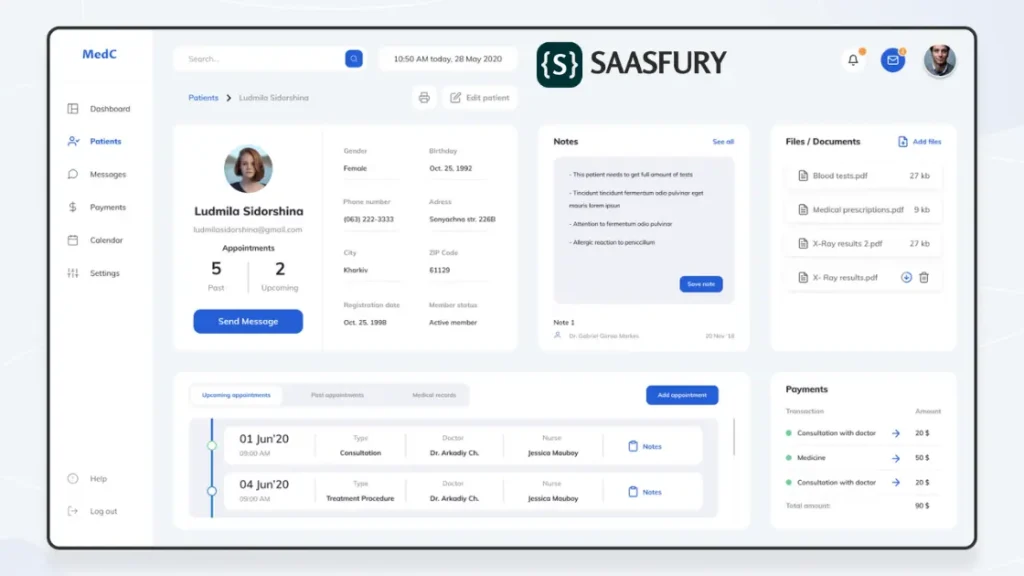
The healthcare industry constantly evolves. Managing patient relationships is crucial. Customer Relationship Management (CRM) systems play a vital role. CRM in healthcare streamlines processes enhances patient care, and boosts efficiency.
A healthcare CRM system helps track patient interactions. It organizes information and improves communication. It offers a unified view of patient data. This aids in better decision-making and personalized care.
Evolution Of Crm
CRM systems started in the 1980s. Initially, they focused on sales and marketing. Over time, their scope widened. Today, CRM integrates with various industries, including healthcare.
Modern CRM systems use advanced technologies. These include artificial intelligence and data analytics. They provide valuable insights and predictive analysis. This evolution makes CRM indispensable in healthcare.
Importance In Healthcare
A CRM system in healthcare improves patient engagement. It tracks patient history and preferences. This ensures personalized and timely care.
Healthcare CRM enhances communication between providers and patients. It reduces errors and improves coordination. This leads to better patient outcomes.
CRM systems also streamline administrative tasks. They reduce paperwork and manual processes. This boosts operational efficiency and reduces costs.
| Benefits | Description |
|---|---|
| Improved Patient Care | Personalized treatment plans based on patient data. |
| Enhanced Communication | Efficient interaction between patients and healthcare providers. |
| Operational Efficiency | Streamlined processes and reduced administrative burden. |
Investing in a healthcare CRM system is beneficial. It promotes better patient care and operational efficiency. The importance of CRM in healthcare cannot be overstated.
Enhanced Patient Engagement
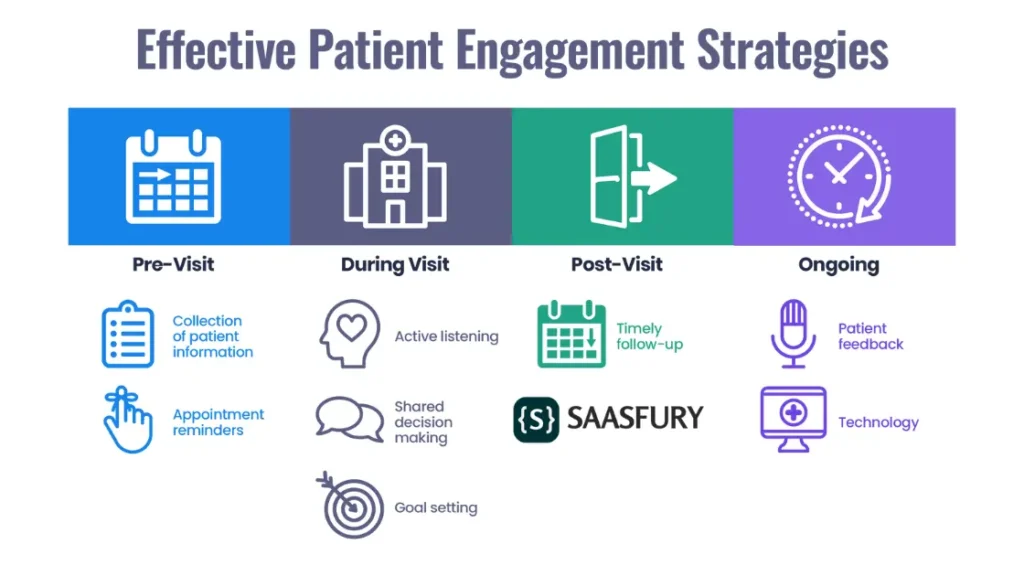
Enhanced patient engagement is a crucial benefit of using a Customer Relationship Management (CRM) system in healthcare. CRM systems help healthcare providers connect with patients on a deeper level. This connection improves the overall patient experience and health outcomes.
Personalized Communication
With a CRM system, healthcare providers can deliver personalized communication. They can tailor messages based on individual patient needs. Personalized communication makes patients feel valued and understood.
- Automated appointment reminders
- Follow-up care instructions
- Birthday greetings
Such personalized messages help in building stronger relationships. Patients are more likely to follow treatment plans and attend scheduled appointments. This leads to better health outcomes.
Patient Education
CRM systems also play a key role in patient education. They can deliver educational content tailored to each patient. Educated patients make better health decisions.
| Type of Education | Example |
|---|---|
| Condition-specific information | Articles about diabetes management |
| Medication instructions | Videos on how to take new medications |
| Wellness tips | Tips on diet and exercise |
Providing patients with valuable information empowers them. They feel more in control of their health. It also reduces the need for frequent doctor visits. This enhances the overall efficiency of healthcare services.
Improved Care Coordination
Improved care coordination is essential in healthcare. It ensures patients receive the best care possible. A Customer Relationship Management (CRM) system can significantly enhance care coordination. CRMs help healthcare providers manage patient information efficiently. This leads to better outcomes and increased patient satisfaction.
Integrated Patient Records
CRMs offer integrated patient records. All patient data is in one place. Doctors can access medical history, medications, and test results quickly. This speeds up decision-making. It reduces errors and improves patient care. Patients do not need to repeat their medical history. This saves time and reduces frustration.
Streamlined Workflows
CRMs streamline workflows for healthcare providers. Tasks are organized and easy to track. Appointments, follow-ups, and treatments are scheduled efficiently. Automated reminders reduce missed appointments. This increases productivity and ensures patients receive timely care.
Staff can communicate effectively within the CRM. Messages and updates are shared instantly. Everyone stays on the same page. This enhances teamwork and reduces miscommunication.
Data-driven Decision Making
In the healthcare sector, data is a goldmine. Using data effectively can lead to better patient care. CRM systems help healthcare providers make informed decisions. This is known as data-driven decision-making. Let’s explore two key areas: Predictive Analytics and Outcome Tracking.
Predictive Analytics
Predictive analytics uses historical data to predict future events. In healthcare, this can mean predicting patient outcomes or disease outbreaks. CRM systems collect vast amounts of patient data. This data is then analyzed to find patterns and trends.
Here are some benefits of predictive analytics:
- Early detection of diseases
- Personalized treatment plans
- Reduced hospital readmissions
For example, a CRM system can analyze data to predict heart disease. This helps doctors intervene early and save lives.
Outcome Tracking
Outcome tracking measures the effectiveness of treatments. It involves monitoring patient progress and results. CRM systems keep detailed records of patient interactions and treatments.
Benefits of outcome tracking include:
- Improved patient care
- Better resource allocation
- Enhanced treatment protocols
With outcome tracking, healthcare providers can see which treatments work best. This leads to continuous improvement in patient care.
Outcome tracking also helps in identifying gaps in care. Healthcare teams can then address these gaps promptly. This ensures no patient falls through the cracks.
Increased Operational Efficiency
Healthcare organizations are constantly seeking ways to improve efficiency. A CRM system can significantly boost operational efficiency. It automates processes and streamlines resource management. This leads to smoother operations and better patient care.
Automated Administrative Tasks
CRM systems can automate many administrative tasks. These tasks include scheduling, billing, and patient follow-ups. Automation reduces manual work and errors. This saves time for healthcare staff. They can focus more on patient care.
Automated reminders ensure patients never miss appointments. This leads to better patient outcomes. Staff can send automated emails and messages. This improves communication and reduces no-shows.
Data entry automation is another benefit. It reduces the risk of errors. This ensures accurate patient records. Accurate records are crucial for effective treatment plans.
Resource Management
CRM systems help in efficient resource management. They provide real-time data on resource availability. This includes medical equipment and staff schedules.
Hospitals can allocate resources based on demand. This prevents resource wastage. It also ensures that resources are available when needed.
CRM systems can track inventory levels. They send alerts when supplies are low. This ensures that hospitals never run out of essential items.
Effective resource management reduces costs. It also improves patient care. Resources are always available when needed.
Here’s a summary of the benefits:
- Automated scheduling and billing
- Improved communication with patients
- Accurate data entry
- Efficient resource allocation
- Real-time inventory tracking
Overall, CRM systems enhance operational efficiency in healthcare. This leads to better patient outcomes and reduced costs.
Better Patient Retention
Better patient retention is crucial in the healthcare industry. A CRM system can improve this significantly. It helps manage patient relationships more effectively. Patients feel valued and cared for. This increases their loyalty to the healthcare provider.
Follow-up Reminders
Follow-up reminders are a powerful feature of CRM systems. These reminders ensure patients never miss an appointment. Timely follow-ups improve patient health outcomes. They also show that the healthcare provider is attentive. This builds trust and enhances patient loyalty.
CRM systems can automate these reminders. They can send them via email, SMS, or phone calls. Patients appreciate the convenience. They are more likely to return for future appointments.
Loyalty Programs
Loyalty programs are another way CRM systems help retain patients. These programs reward patients for their continued trust. They can include discounts, special offers, or exclusive services. Loyalty programs make patients feel special and valued.
A CRM system can easily manage these programs. It can track patient visits and rewards. Patients can see their benefits, which encourages them to stay loyal. This is a win-win for both patients and healthcare providers.
Regulatory Compliance
In the healthcare sector, maintaining regulatory compliance is crucial. Healthcare providers must adhere to stringent guidelines to protect patient data. A CRM system helps in meeting these requirements efficiently. It ensures that healthcare organizations stay compliant with laws and regulations.
Data Security
Data security is a major concern in healthcare. A CRM system offers robust security features to protect sensitive information. These features include:
- Data encryption
- Secure login mechanisms
- Regular security updates
These measures make sure that patient data remains safe from unauthorized access.
Privacy Regulations
Privacy regulations such as HIPAA are critical in healthcare. A CRM helps organizations comply with these regulations. It ensures that all patient information is handled according to legal standards.
Key features include:
- Audit trails
- Access controls
- Data anonymization
These features help in maintaining the privacy of patient data.
| Regulatory Requirement | CRM Feature |
|---|---|
| Data Encryption | Encrypts patient data for security |
| Audit Trails | Keeps a log of data access |
| Access Controls | Restricts data access to authorized personnel |
Using a CRM ensures healthcare organizations meet regulatory requirements effectively.
Future Trends In Healthcare CRM
The healthcare industry is evolving, and so is the use of Customer Relationship Management (CRM) systems. These systems now integrate advanced technologies to offer enhanced patient care and operational efficiency. This section explores the future trends in healthcare CRM that are shaping the industry.
Ai Integration
Artificial Intelligence (AI) is revolutionizing healthcare CRM. AI algorithms can analyze patient data and predict health trends. This helps in early disease detection and personalized treatment plans.
AI can automate repetitive tasks, saving time for healthcare providers. It can handle appointment scheduling, patient reminders, and follow-ups. AI-driven chatbots provide 24/7 assistance to patients, improving patient engagement and satisfaction.
Here’s a quick look at AI benefits in healthcare CRM:
- Predictive analytics for early disease detection
- Automated appointment scheduling
- 24/7 patient assistance via chatbots
- Personalized treatment plans
Telemedicine Support
Telemedicine is becoming essential in modern healthcare. CRM systems now support telemedicine services, ensuring seamless virtual consultations. Patients can book appointments online and consult doctors from their homes.
Telemedicine support in CRM includes secure video conferencing tools. This ensures patient data privacy and compliance with healthcare regulations. Integration with electronic health records (EHR) allows doctors to access patient history during virtual visits.
Benefits of telemedicine support in healthcare CRM:
- Convenient virtual consultations
- Secure video conferencing tools
- Easy access to patient records
- Improved patient experience
Adopting these future trends in healthcare CRM can transform patient care. They offer enhanced operational efficiency and better health outcomes.
Conclusion
Implementing CRM in healthcare offers numerous benefits. It enhances patient engagement, streamlines workflows, and improves care quality. By adopting CRM systems, healthcare providers can ensure better patient experiences and operational efficiency. Embrace CRM technology to stay ahead in the evolving healthcare landscape, fostering growth and delivering exceptional patient care.

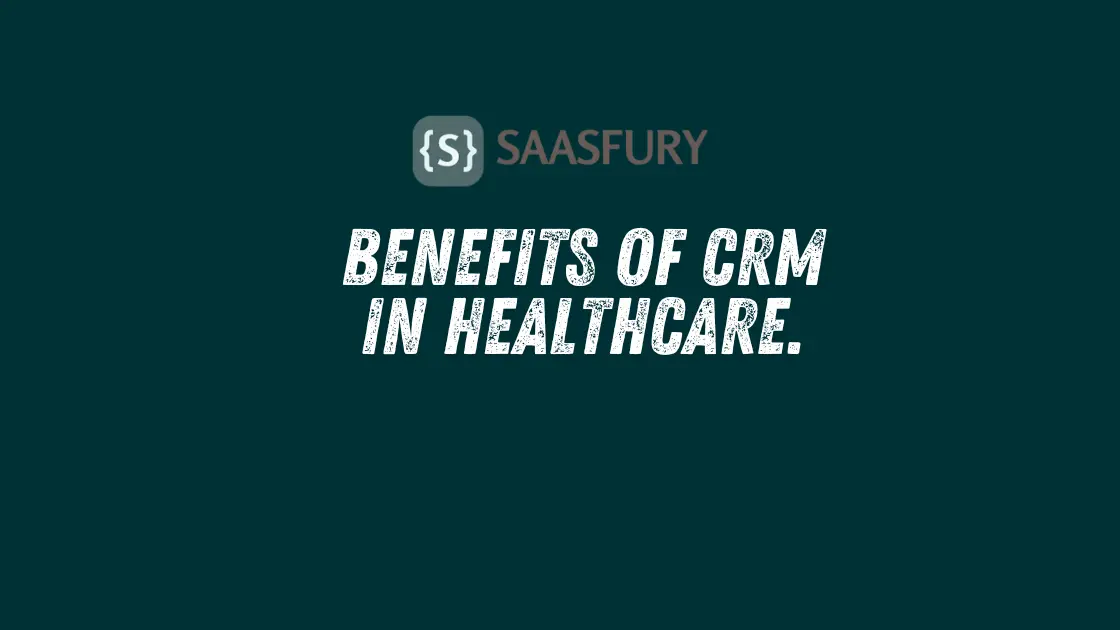
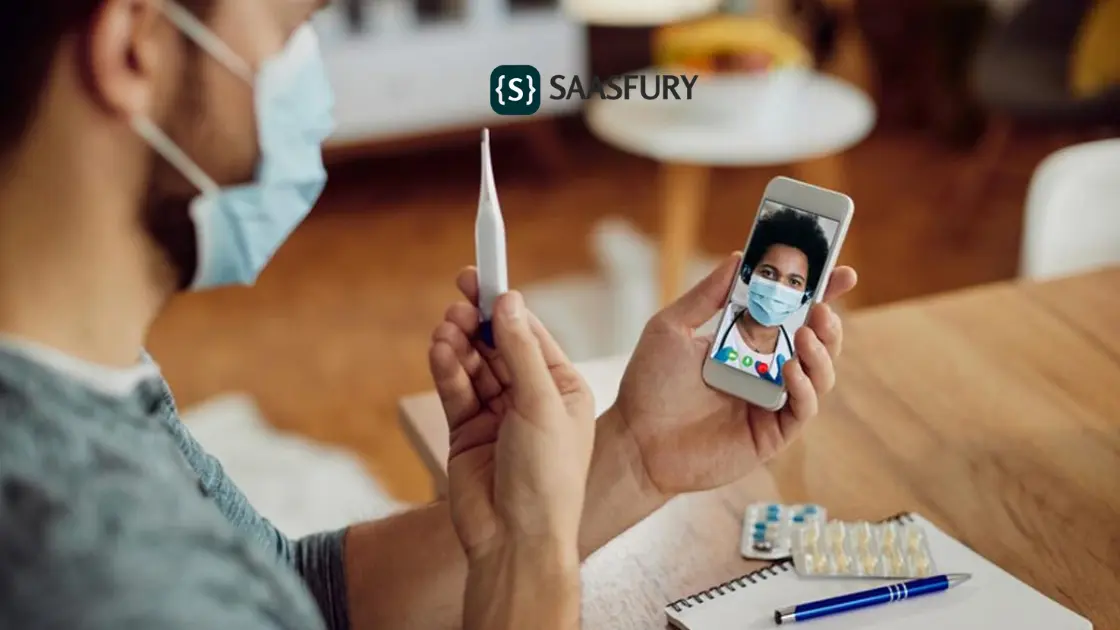
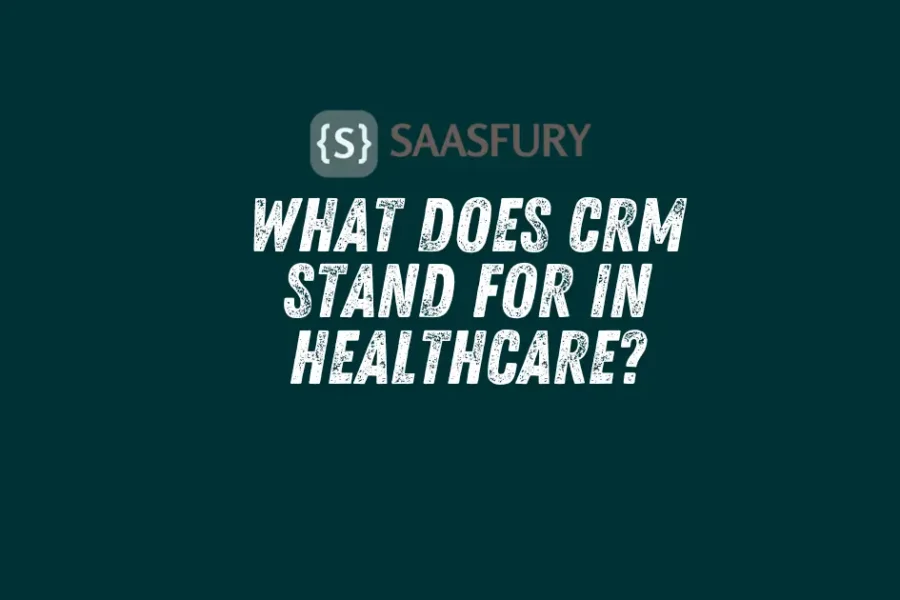
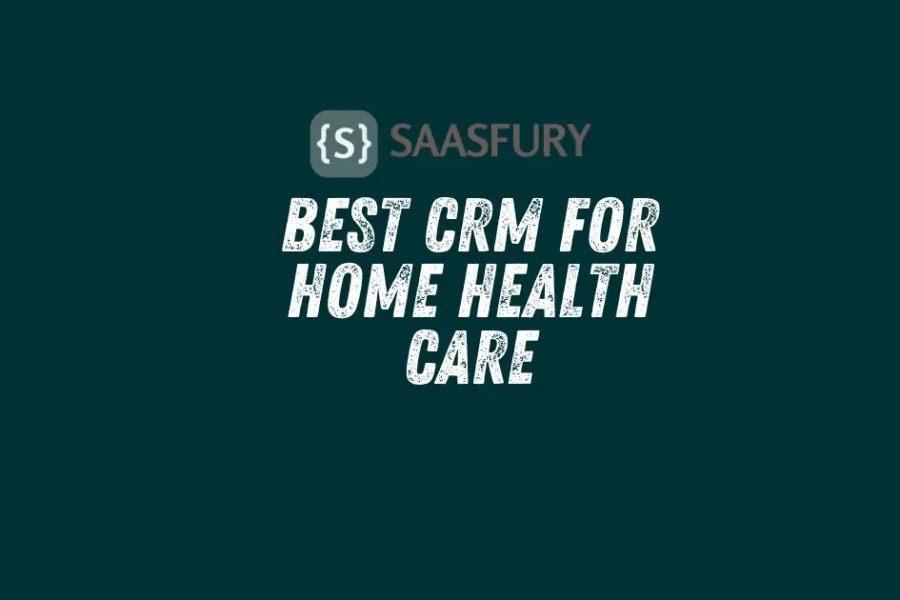

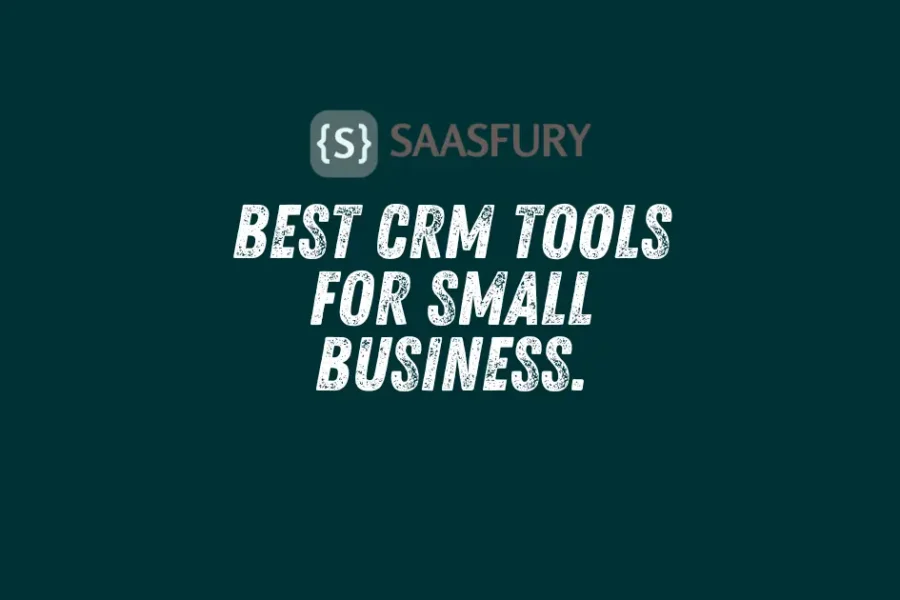

Leave a Comment